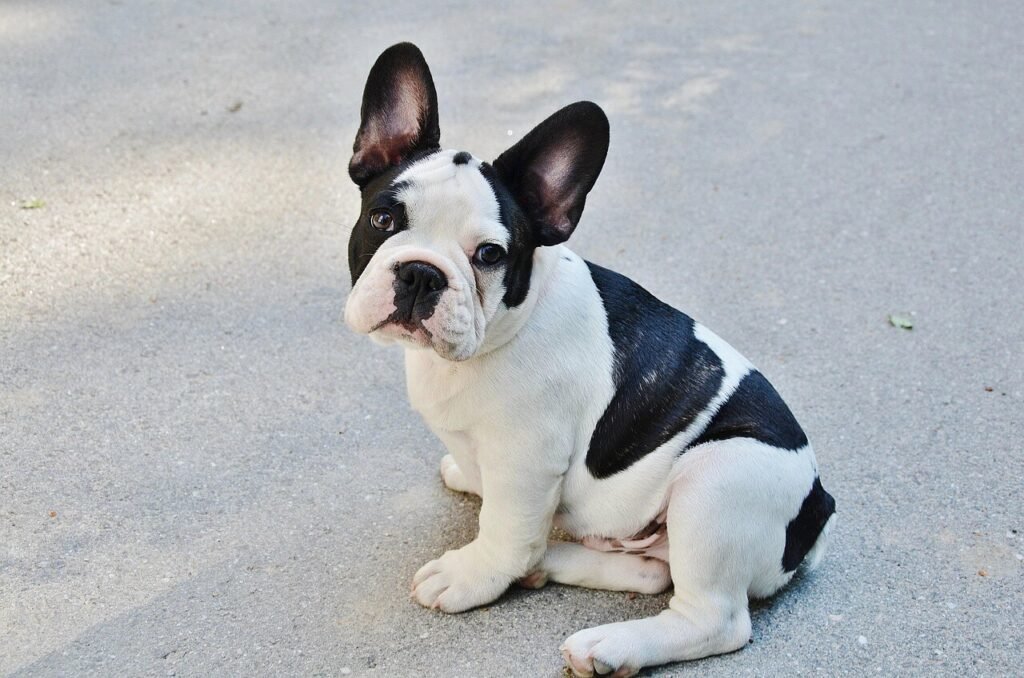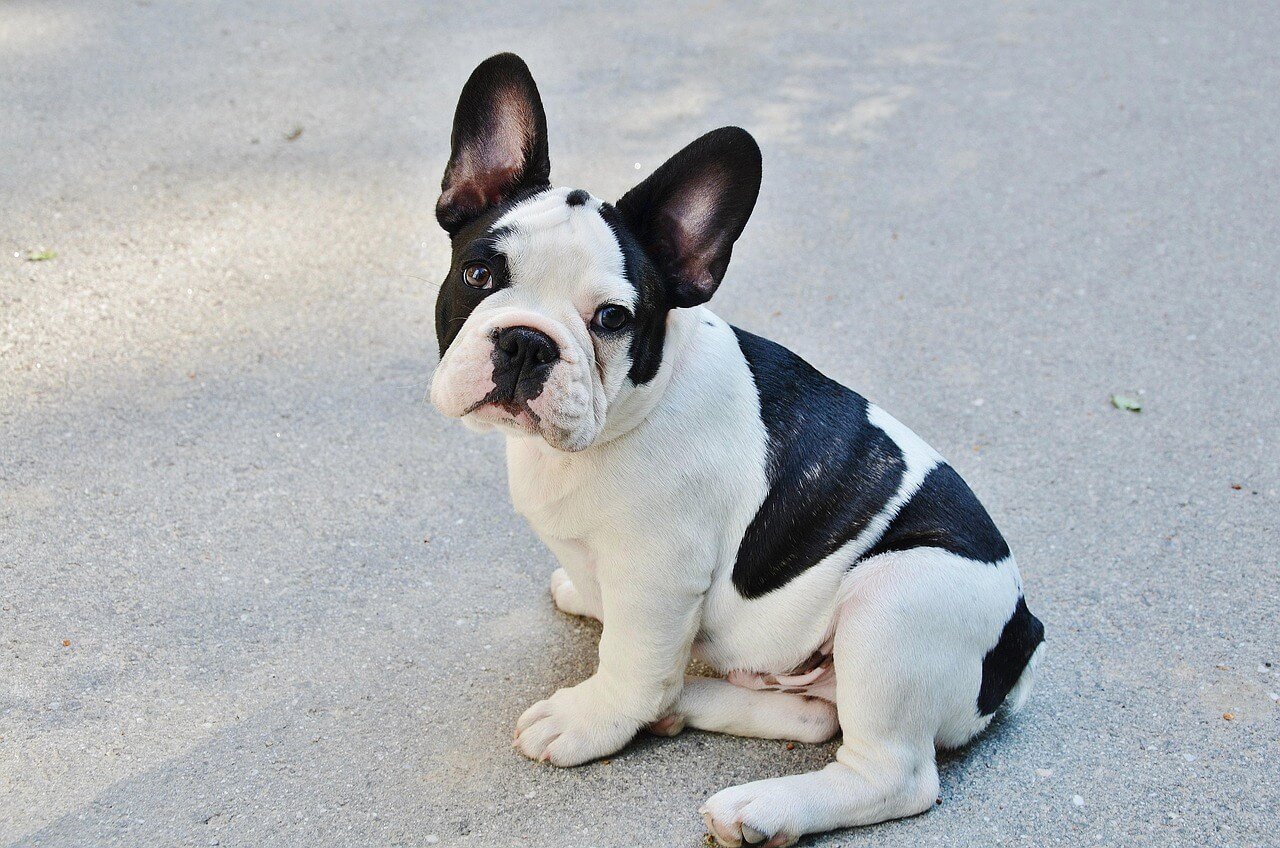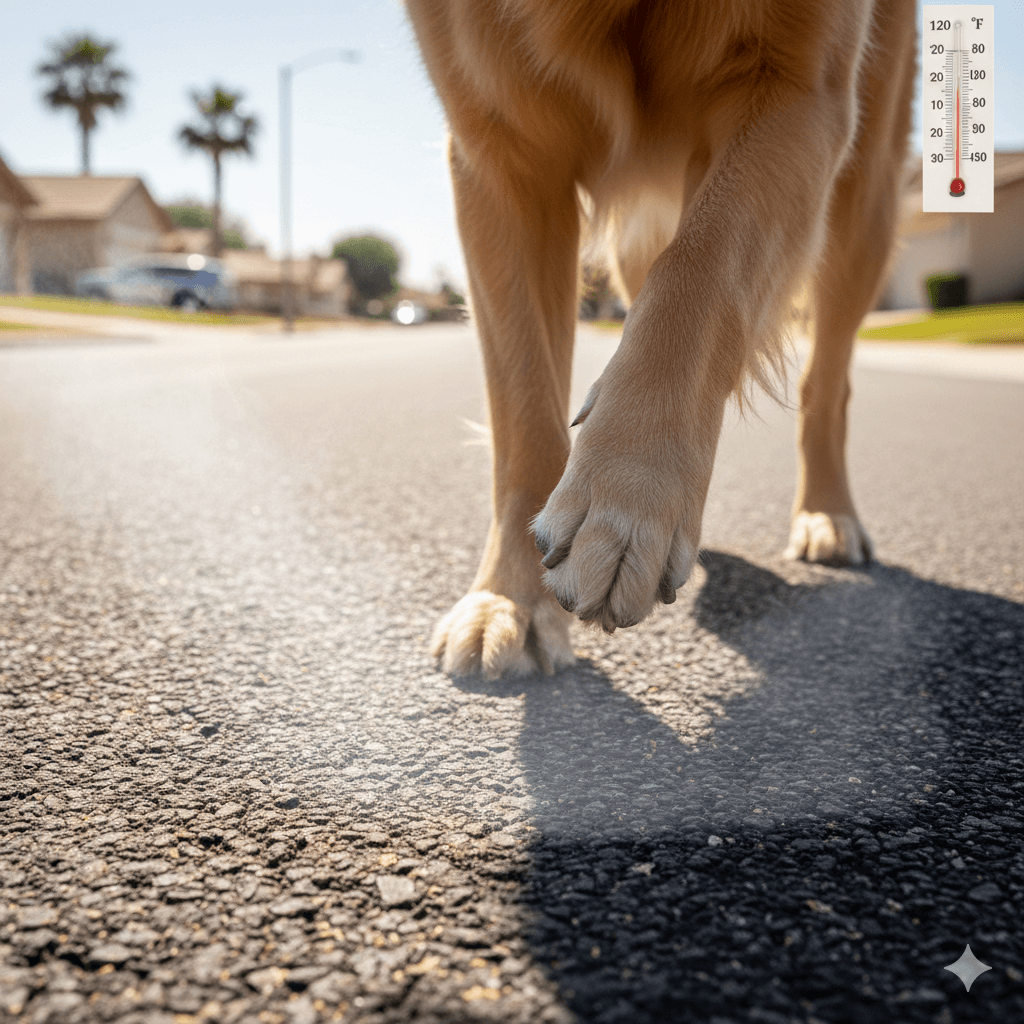Dog Chewing on Leg: Causes, Concerns, and Home Remedies
If you’ve ever noticed your dog chewing on their leg, you might be wondering what’s causing this behavior and whether it’s something to worry about. While occasional nibbling can be normal, persistent chewing may indicate an underlying issue that needs attention. From allergies and skin irritations to boredom or anxiety, there are several potential reasons why your furry friend might be targeting their legs. In this blog post, we’ll explore the common causes of this behavior, effective home remedies to soothe your dog’s discomfort, and when it’s time to consult a veterinarian. By the end, you’ll have the tools and knowledge to help your dog feel comfortable and happy again.
Common Causes of Dog Chewing on Legs
Understanding why your dog is chewing on their leg is the first step toward addressing the issue. Here are some of the most common reasons behind this behavior:
Allergies:
Environmental or food allergies can cause itching, leading dogs to chew their legs for relief.Fleas or Ticks:
Parasites like fleas or ticks can irritate the skin, prompting excessive chewing or licking.Dry or Irritated Skin:
Harsh weather, shampoos, or poor grooming habits can leave your dog’s skin dry and itchy.Boredom or Anxiety:
Dogs often chew as a way to cope with stress, anxiety, or lack of mental stimulation.Injuries or Pain:
Sprains, cuts, or joint pain in the leg may cause your dog to chew the affected area.
Identifying the root cause is essential for finding the right solution and ensuring your dog’s well-being.
Home Remedies to Stop Dog Chewing on Legs
Before rushing to the vet, there are several home remedies you can try to address your dog’s chewing behavior. These solutions are gentle, natural, and easy to implement.
Coconut Oil for Dry Skin:
Apply a small amount of organic coconut oil to moisturize irritated skin and reduce itching.Oatmeal Baths:
Soak your dog in a warm oatmeal bath to soothe inflamed or itchy skin.Apple Cider Vinegar Spray:
Mix equal parts water and apple cider vinegar, then spray it on the affected area to relieve irritation caused by bacteria or fungi.Chamomile Tea Compress:
Steep chamomile tea bags in hot water, cool them, and apply the compress to the chewed area for calming relief.Distraction with Toys:
Provide interactive toys or puzzles to redirect your dog’s focus away from chewing.
These remedies can provide quick relief while you work to identify and address the underlying cause of the behavior.
Check this guide 👉Why Does My Dog Chew on Rocks? Best 7 Expert Tips!
Check this guide 👉Do Dog Dental Chews Work? Best 7 Expert Tips!
Check this guide 👉How to Stop My Dog from Chewing Stuff When Im Gone: Best 7 Tips

Cause of Chewing | Home Remedy |
|---|---|
Allergies | Use hypoallergenic shampoo and diet changes |
Fleas or Ticks | Apply natural flea repellents like neem oil |
Dry or Irritated Skin | Use coconut oil or oatmeal baths |
Boredom or Anxiety | Offer chew toys or engage in playtime |
Injuries or Pain | Apply cold compresses and monitor for signs |
Tips to Prevent Excessive Chewing Behavior
Prevention is key to stopping your dog from developing a habit of chewing on their legs. Here are some proactive steps you can take to minimize the risk:
Regular Grooming:
Keep your dog’s coat clean and well-maintained to prevent skin issues.Balanced Diet:
Feed your dog a high-quality diet free from allergens or irritants.Parasite Prevention:
Use flea and tick prevention products to keep your dog parasite-free.Mental Stimulation:
Provide plenty of toys, games, and activities to keep your dog mentally engaged.Routine Exercise:
Ensure your dog gets enough physical activity to burn off excess energy and reduce stress.
By addressing potential triggers and keeping your dog physically and mentally healthy, you can prevent excessive chewing before it starts.
When to Consult a Veterinarian
While home remedies can often resolve mild cases of leg chewing, there are times when professional help is necessary. Here are signs that it’s time to consult your vet:
Persistent Chewing Despite Remedies:
If the behavior continues despite trying multiple solutions, it could indicate a deeper issue.Visible Wounds or Infections:
Open sores, redness, swelling, or discharge require immediate veterinary attention.Lethargy or Loss of Appetite:
These symptoms may suggest an underlying health problem beyond simple skin irritation.Behavioral Changes:
Sudden aggression, withdrawal, or other unusual behaviors should not be ignored.Suspected Allergies or Diet Issues:
A vet can perform tests to identify specific allergens or recommend dietary adjustments.
Seeking professional advice ensures your dog receives the care they need and prevents complications from worsening.
Signs Your Dog’s Chewing Behavior Needs Immediate Attention
While some chewing is normal, certain signs indicate that your dog’s behavior may require urgent care. Recognizing these red flags can help you act quickly to protect your dog’s health.
Excessive Licking or Biting:
If your dog is obsessively licking or biting one spot, it could lead to a condition called acral lick dermatitis.Hair Loss or Bald Patches:
Visible hair loss around the chewed area may signal an infection or severe irritation.Foul Odor from the Skin:
A strong, unpleasant smell often indicates a bacterial or yeast infection.Swelling or Redness:
Inflamed skin around the chewing site suggests an underlying issue that needs addressing.Limping or Avoidance of Touch:
If your dog avoids using the leg or flinches when touched, it may point to pain or injury.
These signs should not be ignored, as they could worsen without prompt veterinary intervention.
Ways to Enrich Your Dog’s Environment to Reduce Chewing
Sometimes, dogs chew out of boredom or lack of stimulation. Enriching their environment can help redirect their energy and reduce unwanted behaviors.
Interactive Toys:
Puzzle toys or treat-dispensing toys keep your dog mentally engaged and distracted from chewing.Daily Walks and Playtime:
Regular physical activity helps burn off excess energy and reduces stress-related chewing.Rotating Toys:
Switch out toys every few days to keep them exciting and prevent boredom.Training Sessions:
Short, fun training sessions provide mental stimulation and strengthen your bond with your dog.Create a Comfortable Space:
Ensure your dog has a cozy, safe area where they can relax and feel secure.
By enriching your dog’s environment, you can minimize boredom-related chewing and promote healthier habits.
Natural Remedies to Soothe Your Dog’s Skin
If your dog’s chewing is caused by skin irritation, natural remedies can provide gentle relief. Here are some safe and effective options to try:
Aloe Vera Gel:
Apply pure aloe vera gel to soothe irritated skin and reduce inflammation (ensure it’s free of additives).Epsom Salt Soak:
Dissolve Epsom salt in warm water and soak the affected area to reduce swelling and discomfort.Baking Soda Paste:
Mix baking soda with water to create a paste and apply it to itchy spots for quick relief.Fish Oil Supplements:
Omega-3 fatty acids in fish oil can improve skin health and reduce dryness over time.Herbal Sprays:
Use sprays made from calendula or witch hazel to calm irritated skin naturally.
These natural remedies can help alleviate your dog’s discomfort while addressing the root cause of their chewing behavior.
Frequently Asked Questions About Dog Chewing on Legs
Why does my dog chew on their legs at night?
Nighttime chewing may be due to boredom, anxiety, or discomfort caused by allergies or parasites.
Can I use human lotion on my dog’s skin?
It’s best to avoid human lotions, as they may contain ingredients that irritate your dog’s skin.
How do I know if my dog has fleas?
Look for signs like excessive scratching, tiny black specks (flea dirt), or visible fleas in their fur.
Is chewing a sign of pain?
Yes, chewing can indicate pain or injury, especially if it’s focused on one specific area.
What if my dog won’t stop chewing even after treatment?
Persistent chewing may require further investigation by a vet to rule out chronic conditions like arthritis or compulsive disorders.
Final Thoughts: Supporting Your Dog’s Comfort and Health
Dog chewing on legs is a behavior that can stem from a variety of causes, ranging from minor irritations to more serious health concerns. By understanding the triggers and implementing effective home remedies, you can help your dog find relief and prevent future episodes. However, remember that your veterinarian is your greatest ally when it comes to your dog’s health—don’t hesitate to seek professional guidance if needed. With patience, care, and the right approach, you can ensure your furry companion stays happy, healthy, and free from discomfort. After all, a content dog makes for a joyful home!
Newfoundland Dog Personality: Best 7 Expert Tips! – Discover the gentle, loyal, and protective nature of this giant breed perfect for families.
Can Hot Pavement Burn Your Cats Paws? Best 7 Expert Tips! – Learn how to protect your cat’s paws from hot surfaces and prevent painful burns this summer.
Can Hot Pavement Burn Your Dogs Paws? Best 7 Expert Tips! – Learn how to protect your dog’s paws from hot surfaces and ensure safe summer walks.
Irish Wolfhound Size: Best 7 Expert Tips! – Discover the ideal height, weight, and care tips for this majestic giant breed. Learn how to manage their impressive stature responsibly.





